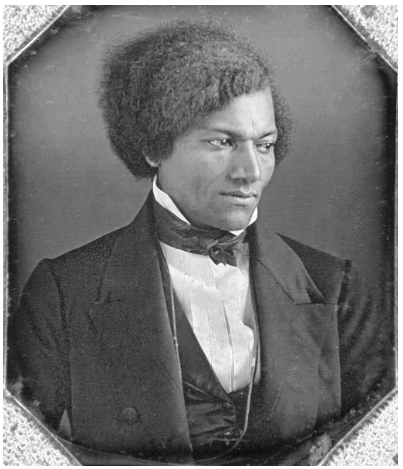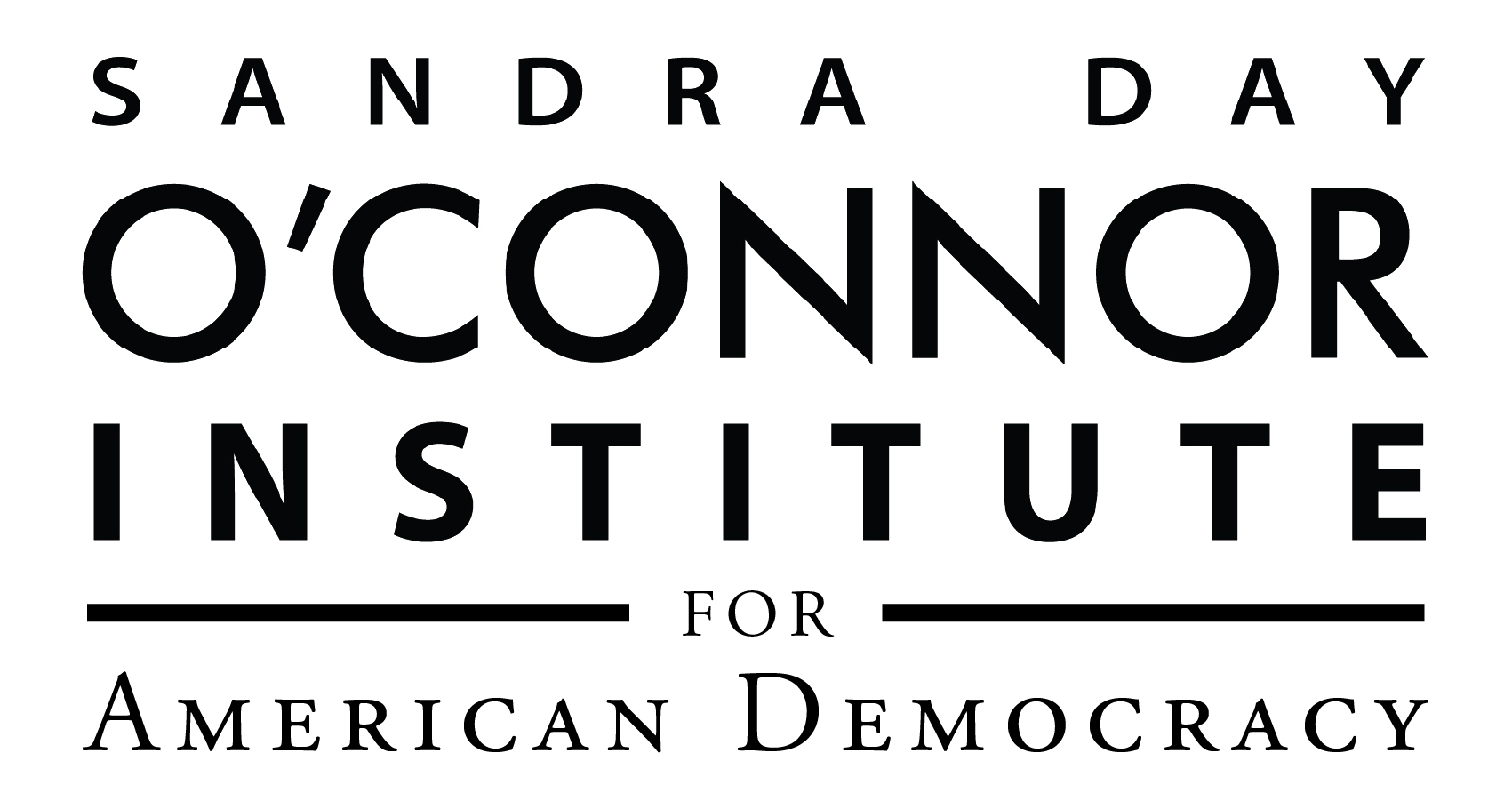Frederick Douglass’ First Public Speech, August 11, 1841
Frederick Douglass, a formerly enslaved person turned abolitionist, delivered the first speech of his illustrious career at an anti-slavery convention in Nantucket that would forever etch his name in history. Douglass referred to this moment as his “first speech” (Blight, 98-99; Mayer, 305-306). This speech holds immense significance as it was the first time Douglass spoke about his experiences as an enslaved person to influential white abolitionists (Minutes from the Nantucket Convention, Liberator, August 20, 1841, page 3, column 2).

The next day, on August 12, Douglas was given the opportunity to speak to the group again. Through his eloquence, Douglass not only exposed the inhumanity of slavery but also inspired hope and unity among his audience, laying the foundation for a powerful abolitionist movement (Blight, 100). His later speeches and writings use his experiences to highlight the horrors of slavery in the United States.
Frederick Douglass became one of the most powerful voices campaigning for the abolition of slavery. He used his oratory skills to explain the evils of slavery through:
Personal Experience and Authenticity
Douglass stood before the crowd as a living testament to the cruelties of slavery. His personal experiences as an enslaved person lent authenticity to his words, making it impossible to dismiss or ignore the horrors he described. Douglass’ vivid and emotionally charged narrative struck a chord with his audience, evoking empathy and awakening their conscience to the human toll of slavery.
Emotional Appeal
Through his speech, Douglass painted a vivid picture of the harsh realities faced by enslaved people, tapping into the emotions of his listeners. He described the backbreaking labor, the anguish of separation from family, and the relentless brutality inflicted upon the enslaved. By humanizing the suffering of those in bondage, Douglass ignited a robust emotional response that galvanized anti-slavery sentiment.
Rhetorical Skill and Persuasive Arguments
As a gifted orator and writer, Douglass wielded language like a powerful weapon. His rhetorical skill was evident in the way he weaved powerful imagery and eloquent prose to convey his message effectively. Douglass presented compelling arguments against slavery, exposing the stark contrast between America’s professed principles of liberty and the harsh reality of human bondage. His logical reasoning challenged the prevailing pro-slavery narrative, prompting introspection among his listeners.
Empowerment and Inspiration
Douglass’ narrative of escape and triumph over adversity inspired hope and empowerment among his fellow abolitionists. His story served as a beacon of hope, demonstrating that resilience and determination could lead to freedom and justice. By sharing his journey from bondage to freedom, Douglass inspired others to join the fight against slavery, thus fostering a sense of unity and purpose within the anti-slavery movement.
Exposing the Hypocrisy of Slavery
Douglass skillfully exposed the hypocrisy at the heart of a nation founded on principles of freedom and equality. He challenged his audience to reconcile the ideals of the Declaration of Independence with the cruel institution of slavery, denying these fundamental rights to millions of African Americans. This exposure of the nation’s moral inconsistency stirred a collective conscience and fueled the abolitionist cause.
Catalyst for Change
Frederick Douglass’ Nantucket speech was a turning point in the abolitionist movement. It brought the issue of slavery to the forefront of public consciousness and energized anti-slavery activists. The speech served as a catalyst for increased abolitionist efforts, rallying more people to the cause and mobilizing public opinion against slavery.

Frederick Douglass’ Nantucket speech remains a defining moment in the abolitionist movement in the United States because it introduced Douglass and his linguistic skills to leading abolitionists. Through the power of his personal narrative, emotional appeal, and rhetorical brilliance, Douglass illuminated the darkness of slavery and kindled the flames of abolitionism. His speech continues to serve as a timeless reminder of the resilience of the human spirit and the importance of standing up against injustice.
Cited
Blight, David W., Frederick Douglass: Prophet of Freedom. New York, Simon & Schuster, 2018.
Massachusetts Collections Online, https://www.digitalcommonwealth.org/.
Mayer, Henry, All on Fire: William Lloyd Garrison and the Abolition of Slavery. New York, St. Martin’s Griffin, 1998.
Minutes from the Nantucket Convention, Liberator, August 20, 1841.

